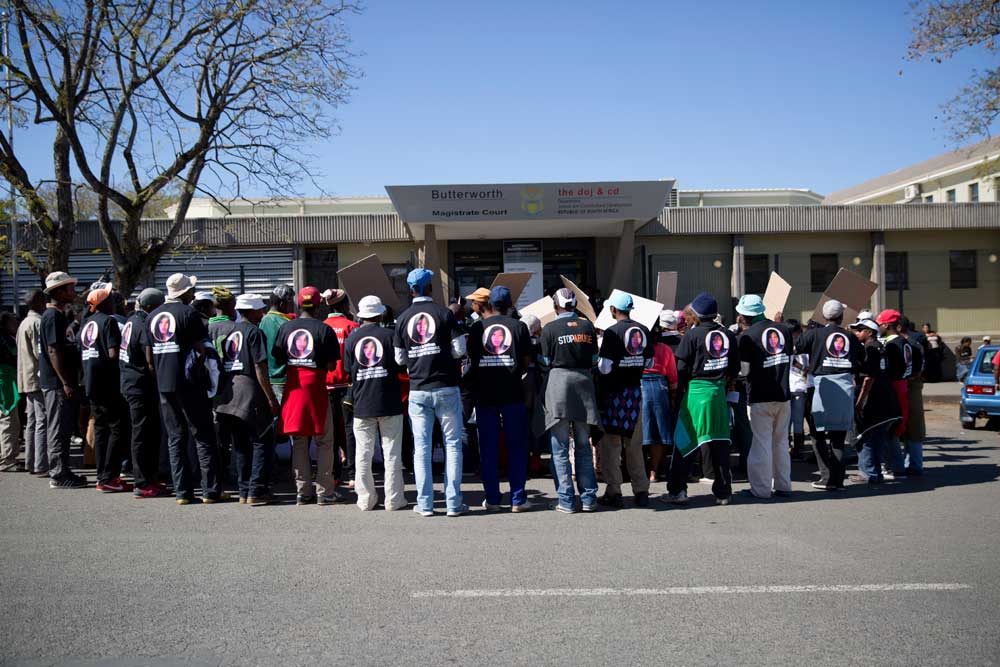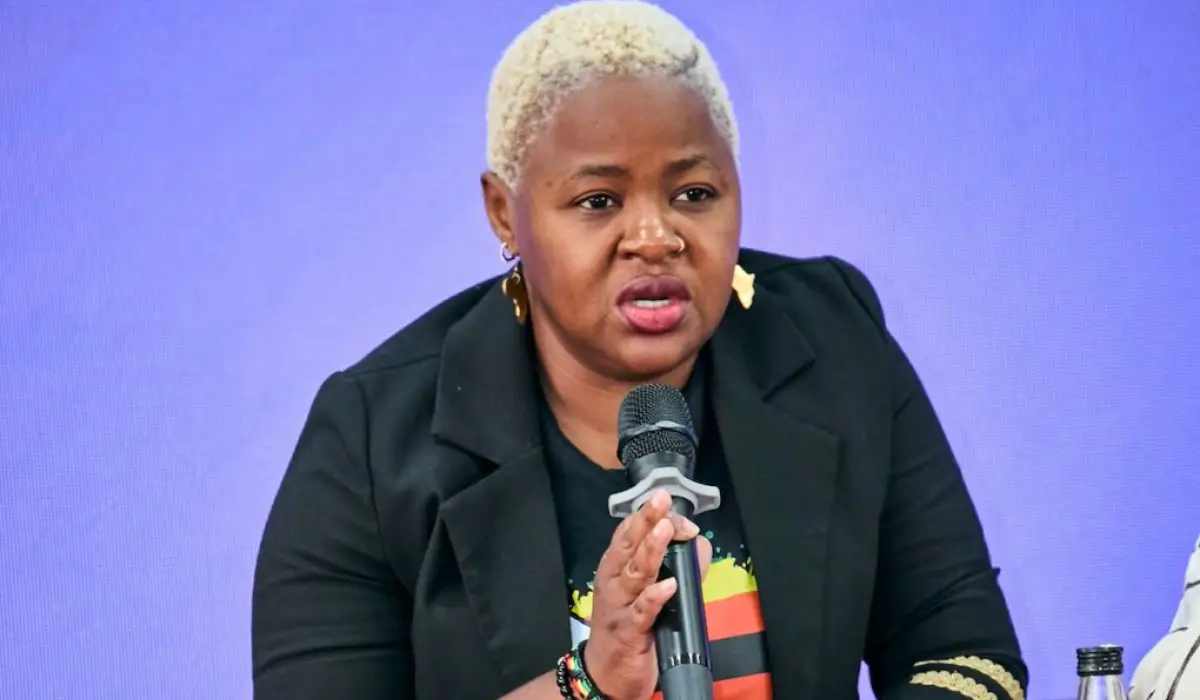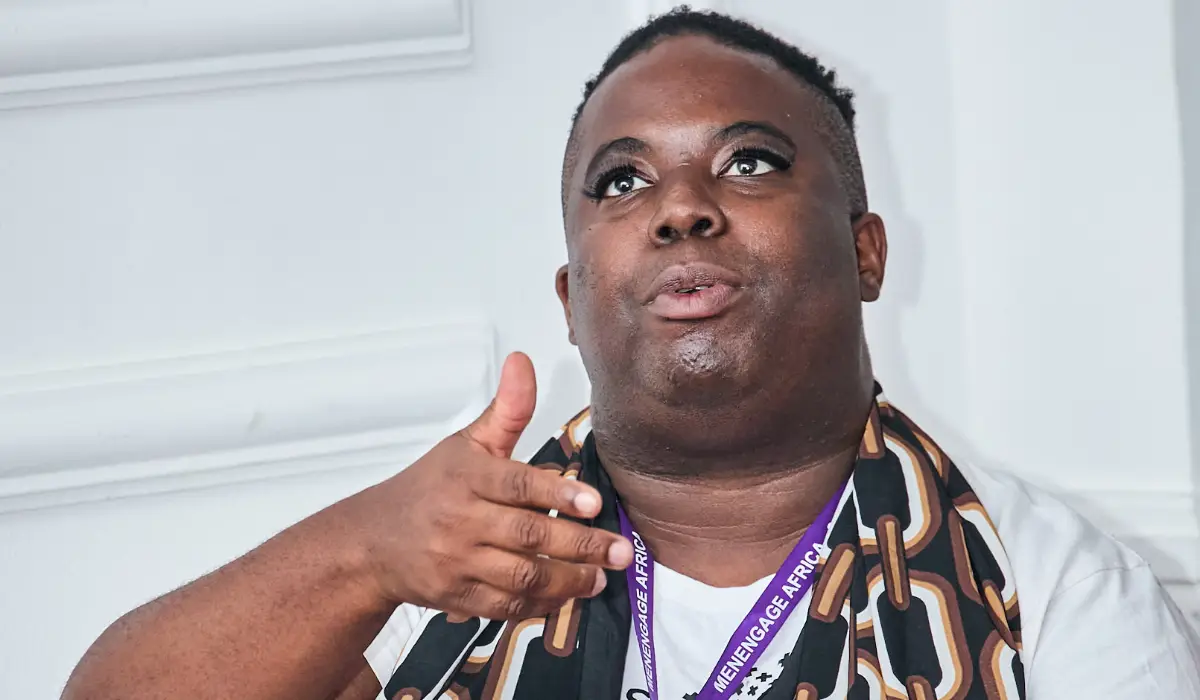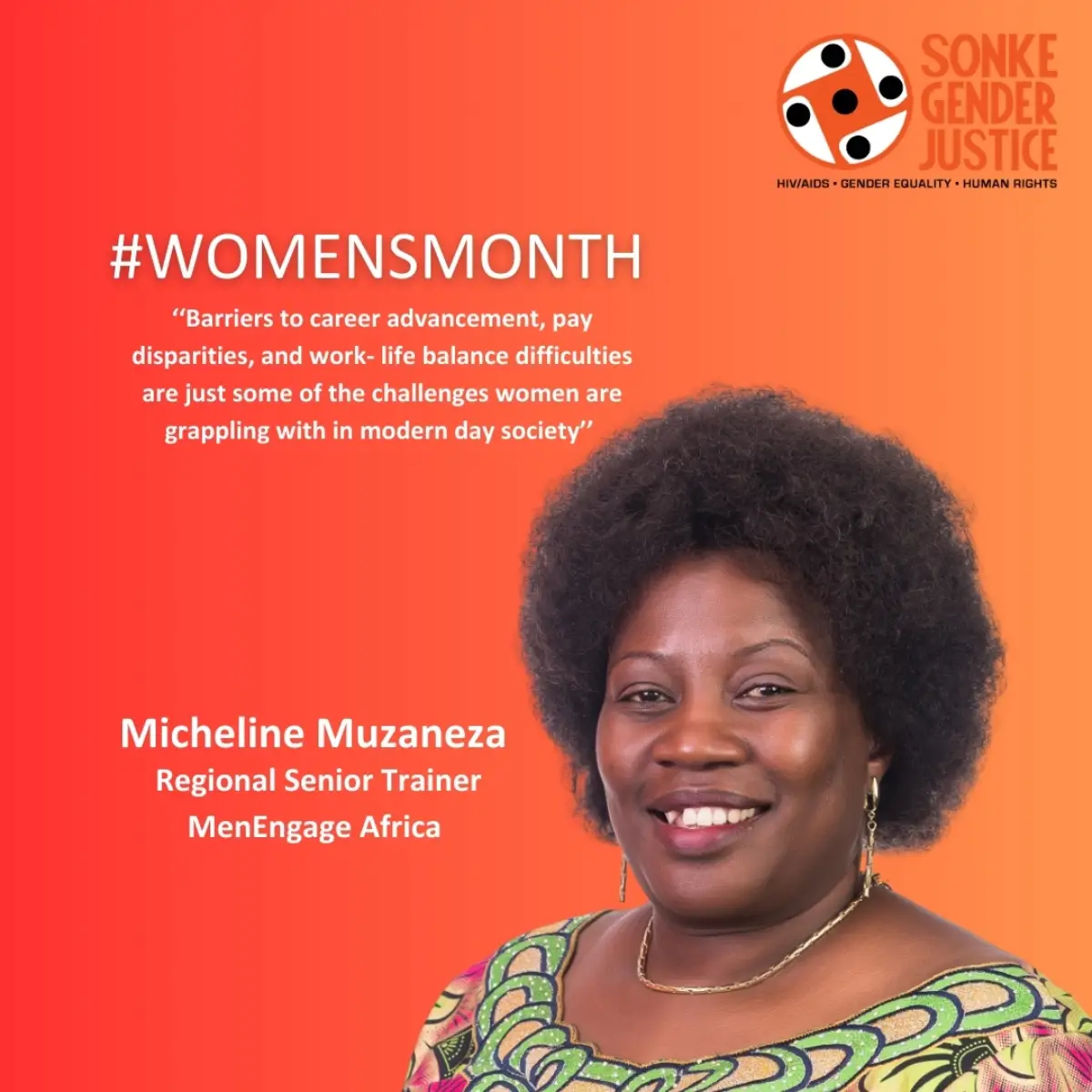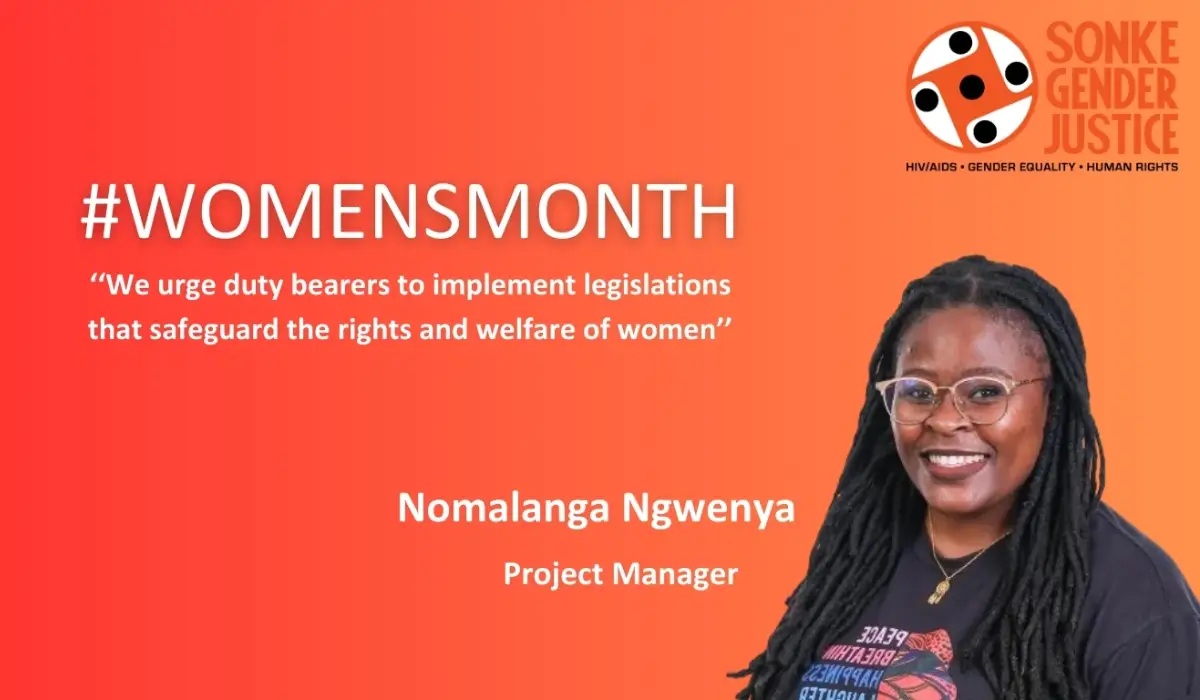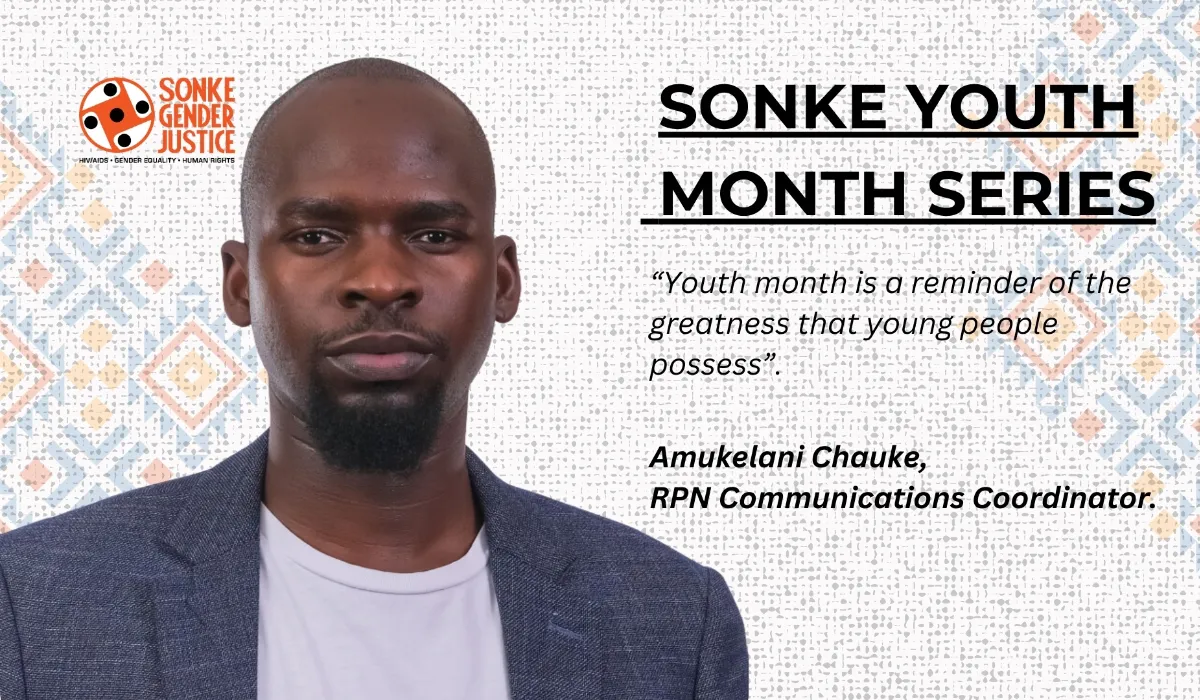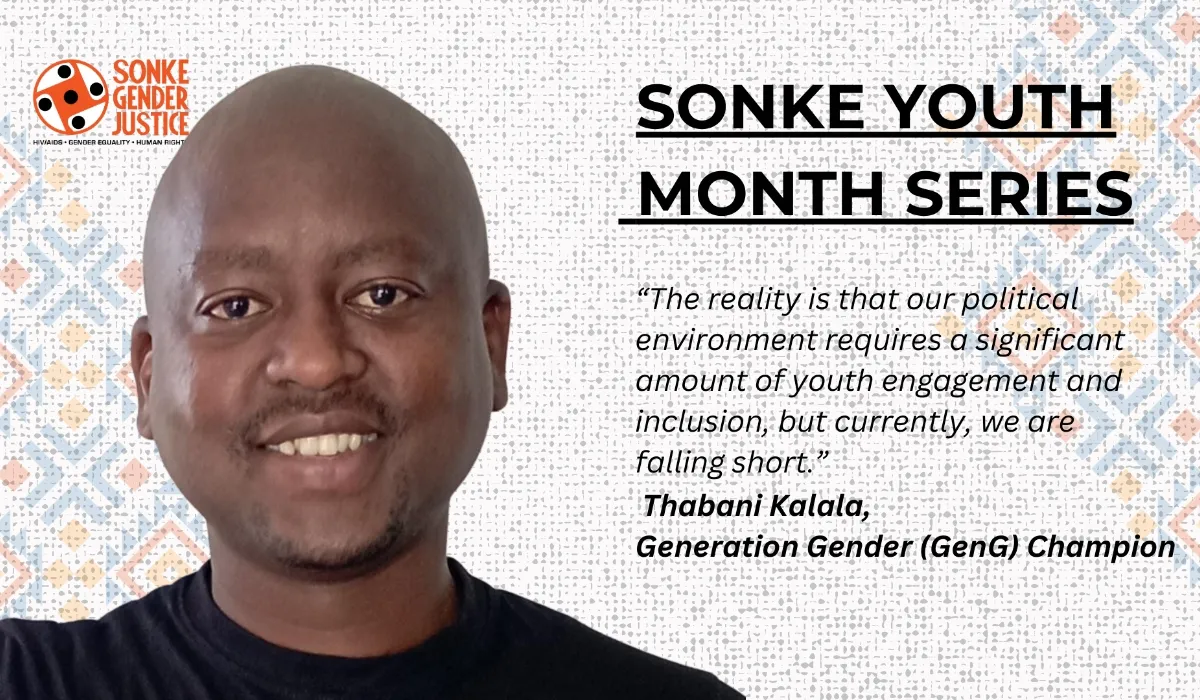As new allegations emerge about police bungling of the investigation into Reeva Steenkamp’s death, Sonke’s Mateenah Hunter reflects on the stark differences between how her case has played out, and how most cases involving women who die at the hands of their lovers are treated in the criminal justice system, in the Daily Maverick.
On 11 September 2014, the world watched Judge Masipa handing down her verdict. At the same time in a courtroom in the Eastern Cape town of iDutywa, another verdict was also delivered – this one in the matter of Sandiswa Mhalwuli. Both women were brutally killed by their boyfriends. It is trite to state that neither of these young women’s lives nor their tragic deaths is more important than the other, yet the journeys of their cases tell two very different stories.
When Reeva Steenkamp was killed by her famous Paralympian boyfriend, at his Silverwoods Estate in Pretoria, it made international news in a matter of hours. Pictures flooded the internet. So much so that when you do a Google image search of ‘South Africa’, today pictures of Reeva Steenkamp and Oscar Pistorius come up.
Yet despite her celebrity status, the road to investigating Reeva’s murder was not smooth. She may have been interesting for the tabloids, but the way her case was handled demonstrated many of the shortcomings of the criminal justice system in how it treats women. At the beginning of the investigation we were informed of procedural errors and attempted murder charges. However, because the world was watching, investigating officer, Hilton Botha was replaced, very quickly, with what a government spokesperson described as the “most senior detective in the South African Police Service”. In other words, although the system wasn’t perfect, it was able to rectify its mistakes and all in all, the trial was completed in eighteen months with relatively few postponements.
This is highly unusual. It typically takes three to seven years for a case involving gender-based violence to be concluded. While conducting research for a case I am working on, I emailed a senior prosecutor at the NPA asking what the “average length of an intimate partner murder trial in South Africa [was]”.
Her response: “Much longer than Oscar’s trial…”
And of course the cases that are concluded are a rarity. Many murder and rape cases in townships never even make it to court. This is confirmed by the recently released Khayelitsha Commission Report which made it obvious that “…crime involving family violence, children, and sexual violence are not properly investigated, complainants and family members are not provided [with] feedback and cases are withdrawn or struck off the role because of incomplete police investigations…”
The Commission report makes for horrific reading. Of the eight complaints in the Khayelitsha Commission Report, two are of the rape and murder of women, at the hands of men. One case concluded four years and 45 postponements after it started.
Put the Pistorius trial aside for a moment and it would seem, from looking at the treatment of ordinary women, that the police don’t know how to do their jobs, and that the courts are completely dysfunctional. This is of course simply untrue. As the Pistorius case shows, the South African justice system can work when it needs to. When wealthy foreigners from first world countries or celebrities are involved we see a state that is speedy and efficient.
Remember the World Cup Courts? Arrest, conviction and sentence all in one day. The legality of that system was questionable, to say the least, but the world was watching and the State took action. After all, we can’t have foreigners being mugged and attacked on our streets!
The Anni Dewani case provides another stark example of our tiered approach to justice. She was allegedly killed, after her husband paid South African men to kill her. As in the Pistorius case, the headlines screamed about the case. Her killers were convicted and sentenced in no time, with allegations of police brutality used in order to obtain confessions. The world was watching, so a conviction and sentence were necessary. How much money did the state spend to get Shrien Dewani extradited? They were involved in a terrible crime that cannot go unpunished but there can be no doubt that because they are from another country, a first world country at that, the wheels of South African justice moved faster for them than it does for the scores of women who are killed at the hands of our South African men.
The media and the state are complicit in allowing this privileging: it seems that they encourage the phenomenon. If you want speedy and efficient justice in South Africa then you should be a foreigner or a celebrity who commits a crime here. If you want to get away with murder then you should kill an ordinary, poor woman.
Sandiswa Mhlawuli, a young mother of two, was stabbed to death by her boyfriend, in the small town of Idutywa, on the same day that she had applied for a protection order against said boyfriend. There were no pictures or newspaper reports to mark the end of her life. There were, sadly, not even pictures taken of the crime scene. In Idutywa the forensic services and mortuary only work till 5pm. Sandiswa was killed around 6pm, so no policeman came out to investigate the actual crime scene. Ever.
The prosecutor in Reeva’s case did not do a great job of opposing bail. The country was outraged. In Sandiswa’s case the prosecutor did not even try to oppose bail, and the magistrate didn’t ask for reasons, despite the fact that in cases of murder it is a legal requirement of the State to oppose bail. Nobody noticed. There were no court reporters present. The first hearing in Sandiswa’s trial was postponed due to an incomplete charge sheet. Her family was not notified and drove all the way from their village expecting a hearing. They got no hearing, and to add insult to injury, there was no apology from the state for making them waste their time and money; and the ANCWL was not there to pay for Sandiswa’s mother’s travel costs as they did for the mother of Reeva Steenkamp.
Indeed, when the ANCWL was challenged on their seemingly opportunistic support for Reeva Steenkamp and her family, the League’s President, Angie Motshekga, said that the support was part of the ANCWL’s “[l]ong-held view of consistent and unapologetic support for victims and their families through difficult times, whether covered by the media or not”. The Women’s League maintained that this support was not only given to “high-profile cases … but many others… which have involved ordinary women as victims of violent men.”
Interesting then that the ANCWL was not at Sandwisa’s trial either, nor at countless others that happen on a daily basis in South African courts.
In Sandiswa’s case, there was eventually ‘justice.’ In fact, because of the concerted efforts of community activists, repeated visits to the police and the court to demonstrate that many eyes were watching the case, after a series of mind-numbing calls to various officials around the country, in which I had to beg for the basic processes of the law to be followed, the trial took place in nine months, and ended in a guilty verdict.
But community mobilisation teams and Joburg-based human rights lawyers are in short supply. For most ordinary, non-famous, non-first world women who are the victims of gender-based violence the journey is long and arduous and solitary.
Regular women and their families deserve better than what they are currently getting. Just like FIFA fans, lesbian, gay and transgender people deserve urgent and dignifying responses, and the necessary support when we or our family or community members are victims of sexual and gender-based crimes.
All South Africans deserve active policing, diligent prosecution and the support of our government. We deserve it regardless of who we are, or where we’re from. We deserve it all day, every day and not just when the world is watching.
We know South Africa can deliver justice; the question is why it doesn’t care enough about regular people to even try.

